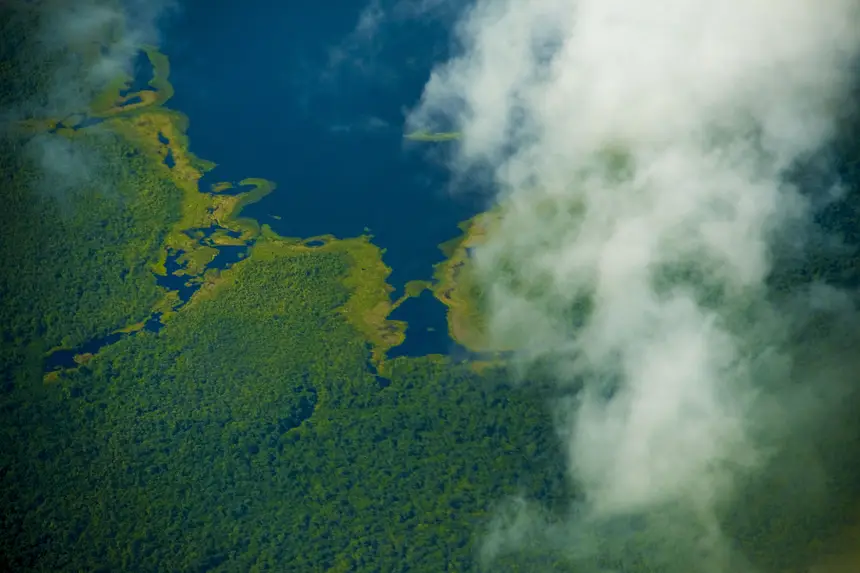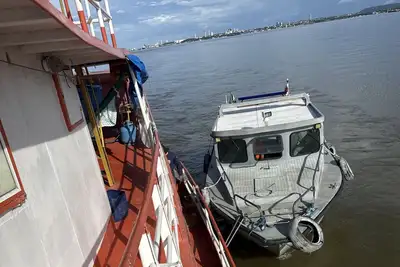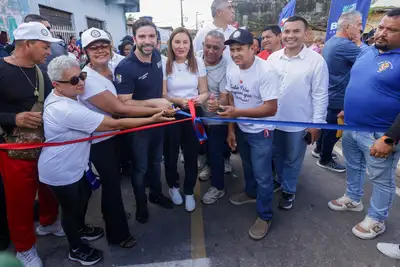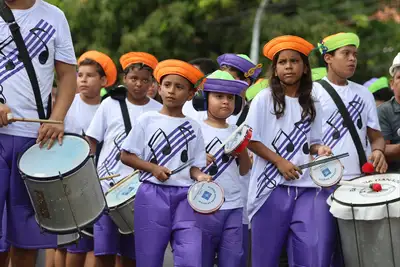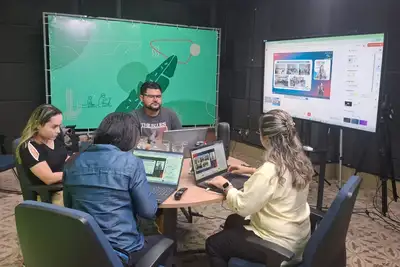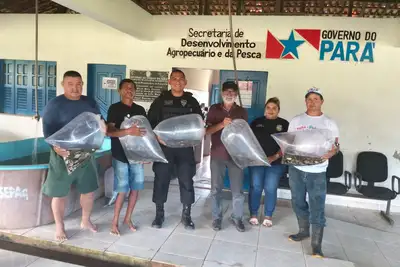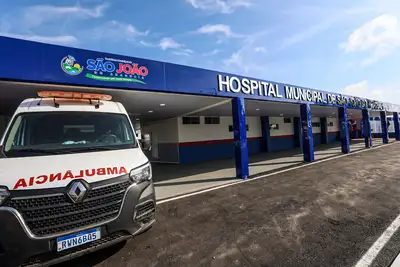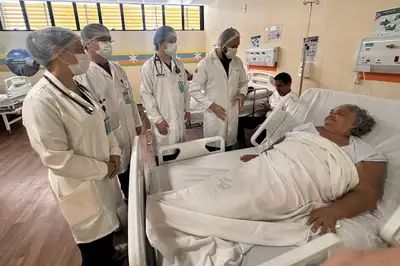Ideflor-Bio renews Management Councils of Conservation Units in Maracanã
The Management Councils have a consultative and deliberative nature, aiming to promote participatory management and strengthen socio-environmental actions in protected areas.
The Institute of Forest Development and Biodiversity (Ideflor-Bio) published, this Friday (4), in the Official State Gazette, the renewal of the Management Councils of the Wildlife Refuge (Revis) Padre Sérgio Tonetto and the Sustainable Development Reserve (RDS) Campo das Mangabas. The state Conservation Units (UCs) are located in the municipality of Maracanã, northeastern Pará, and involve the participation of public agencies and civil society entities.
This measure is aligned with the State Policy on Nature Conservation Units (Law No. 10.306/2023) and the National System of Conservation Units (SNUC), as established by federal legislation. The Management Councils have a consultative and deliberative nature, with the aim of promoting participatory management and strengthening socio-environmental actions in protected areas.
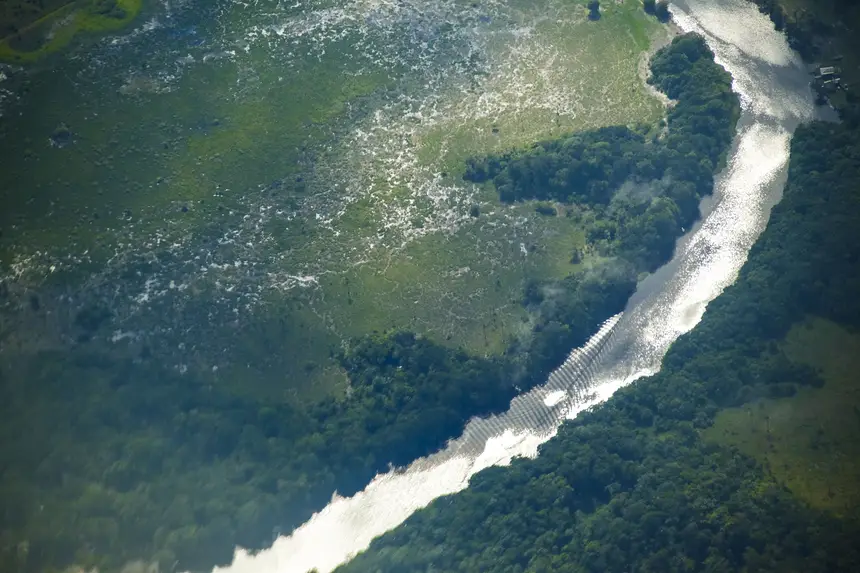
In the case of Revis Padre Sérgio Tonetto, the new Management Council will include representatives from the State Secretariat for the Environment, Climate and Sustainability (Semas), the Superintendency of the Union Heritage (SPU), the Land Institute of Pará (Iterpa), the Pará Agricultural Defense Agency (Adepará), the Federal University of Pará (UFPA), and the Military Fire Brigade, in addition to the Tourism, Agriculture, and Environment secretariats of Maracanã.
From civil society, participants include Auremar, the Misba 40 Maiandeua River Transport Cooperative, the Maracanã Rural Producers Union, and representatives from the communities Beira Mar, Campo Alegre, Espírito Santo, Martins Pinheiro, Nova Brasília, São Tomé, and Vista Alegre.
In the RDS Campo das Mangabas, the Management Council is composed of the same public institutions and civil society organizations that operate in the Revis, reflecting the breadth of local partnerships and the commitment to the conservation and sustainable use of natural resources by traditional communities.
Participation - For the manager of the Administrative Region of Northeast Pará of Ideflor-Bio, Raimunda Araújo, the renewal represents a step forward in strengthening participatory management. “The Councils are essential to integrate the different knowledge and interests that coexist in conservation units. They strengthen dialogue with communities and help build fairer and more sustainable decisions,” she stated.
The director of Management and Monitoring of Conservation Units at Ideflor-Bio, Ellivelton Carvalho, also highlighted the strategic role of the councils. “The active presence of public institutions and civil society in the councils allows for a joint, transparent, and effective action in the implementation of environmental policies in the territory,” he emphasized.
The renewal of the councils follows the criteria established by Normative Instruction No. 01/2015 of Ideflor-Bio, which regulates the processes of composition and functioning of the Management Councils of state UCs, promoting the continuity of integrated work for the conservation of biodiversity and the well-being of local populations.



